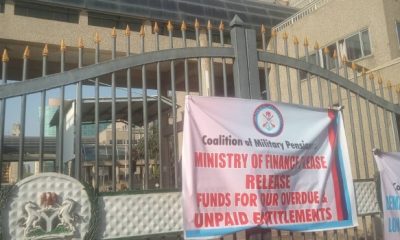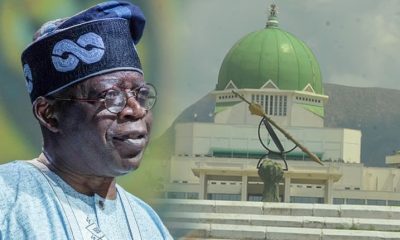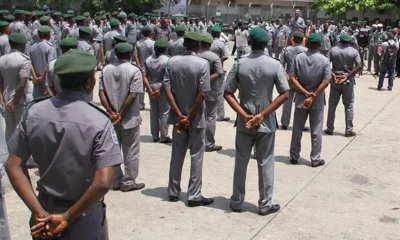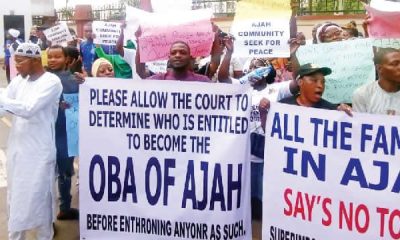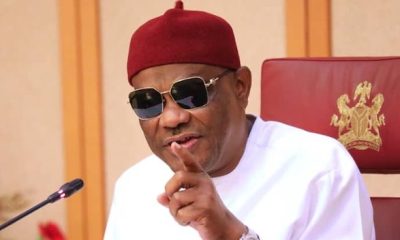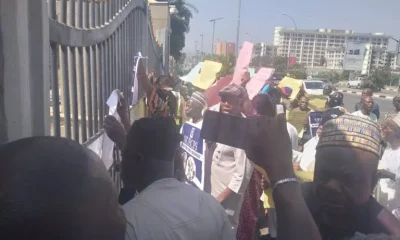News
Blood, Bullets, Brutality Mar EndBadGovernance Protest in Nigeria

The ongoing 10-day protest in Nigeria, which began on August 1, has turned bloody and violent.
What was intended to be a peaceful demonstration quickly descended into chaos, with over 20 lives lost, including security personnel and many others injured.
The Genesis of the Protest
The #EndBadGovernance protests was birthed as a response to widespread economic hardship triggered by President Bola Tinubu’s removal of the fuel subsidy on the day of his inauguration in 2023.
Tinubu declared the subsidy’s removal in his inaugural address at Eagle Square, Abuja, stating that there was no budget provision for it from June 2023.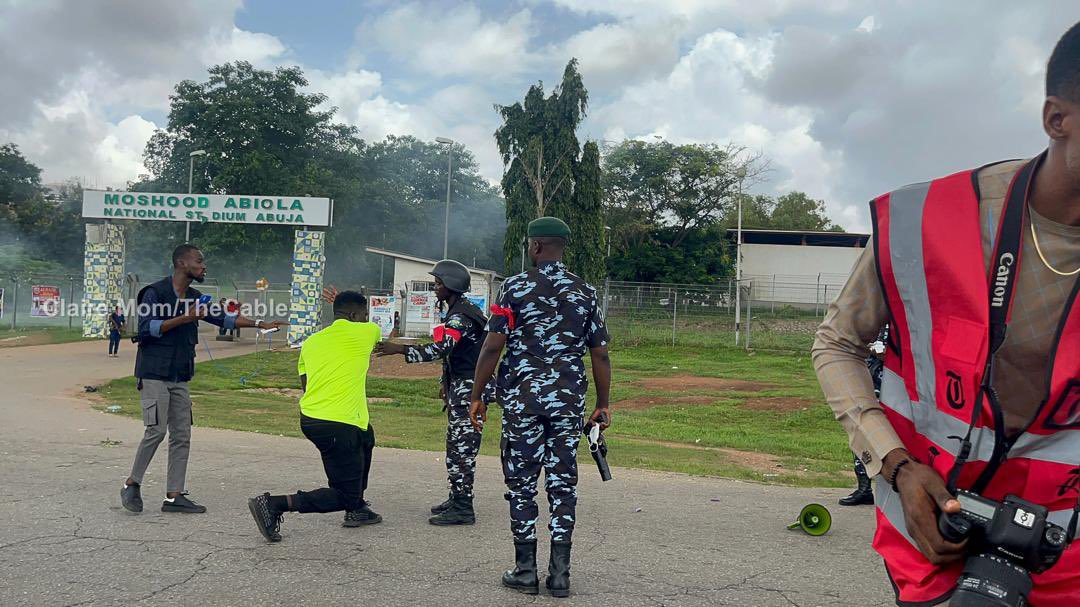
This announcement led to a dramatic increase in the price of Premium Motor Spirit (PMS), otherwise known as petrol, which surged to between N689 and N800 per litre, with black market prices reaching as high as N1200 per litre.
The removal of the subsidy also caused a ripple effect on the prices of essential commodities.
A bag of rice, for instance, soared to about N80,000, up from N36,000 before the subsidy was removed.
Many Nigerians now struggle to afford basic necessities, with some unable to secure three meals a day.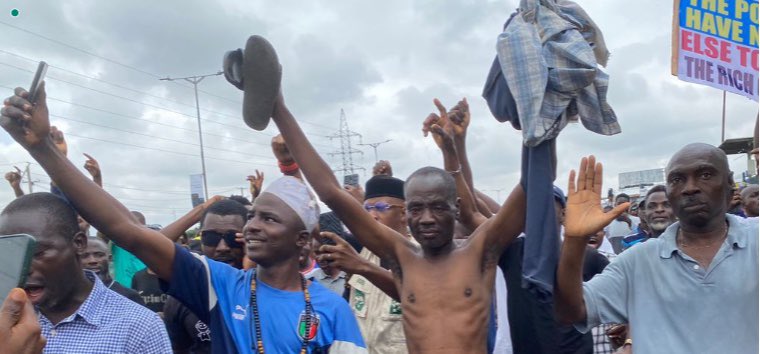
Government’s Response to the Crisis
In response to the public outcry, President Tinubu requested the National Assembly’s approval of N500 billion to provide palliatives to mitigate the impact of the subsidy removal.
Similarly, he approved a new minimum wage of N70,000, up from the previous N30,000, after a series of negotiations with labour unions. Tinubu also introduced the Nigerian Education Loan Fund (NELFund) to offer financial support to students for school fees and stipends.
Despite these measures, many citizens feel that the government’s efforts have not sufficiently addressed the ongoing hardship. Protesters argue that without a review and reduction of fuel prices, Nigeria will continue to face severe economic difficulties.
Escalation of Violence
On August 1, as protests erupted nationwide, violence quickly broke out in various regions. In Lagos, a poignant scene unfolded with a woman crying over an empty pot, symbolizing the widespread hunger.
Within hours of the protest’s start, the situation turned violent.
In Kano State, security forces opened fire on protesters who had breached the Government House premises, looting government property, thus, resulting in the deaths of two individuals.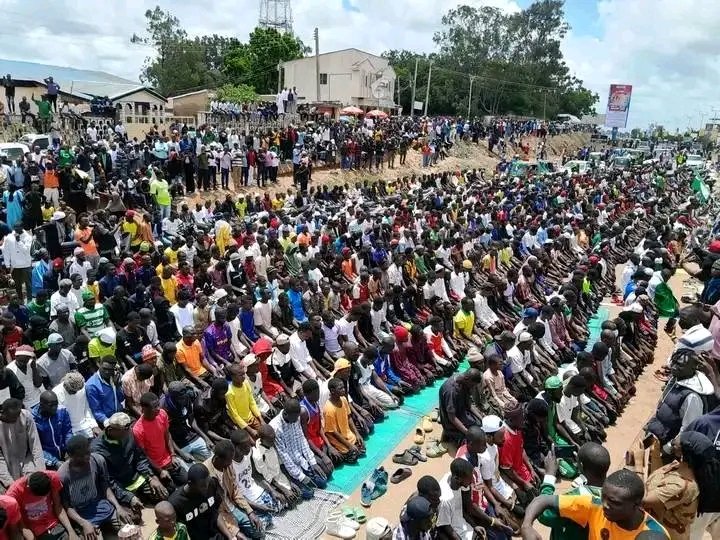
Similarly, in Borno State, soldiers allegedly killed four protesters in front of Kime petrol station in Maiduguri, despite the state government’s imposition of a 24-hour curfew.
Kaduna State also saw at least three protesters lose their lives as the demonstrations intensified.
In Abuja, the violence was particularly severe, with security personnel firing live ammunition at both protesters and journalists covering the event.
Police Response and Controversies
On Saturday, the Nigeria Police Force released a record of incidents related to the ongoing protests. The police dismissed a report by Amnesty International claiming that thirteen individuals had lost their lives in the demonstrations. According to the police, over 680 individuals have been arrested for various criminal offenses, and two AK-47 rifles along with assorted live ammunition were recovered from protesters.
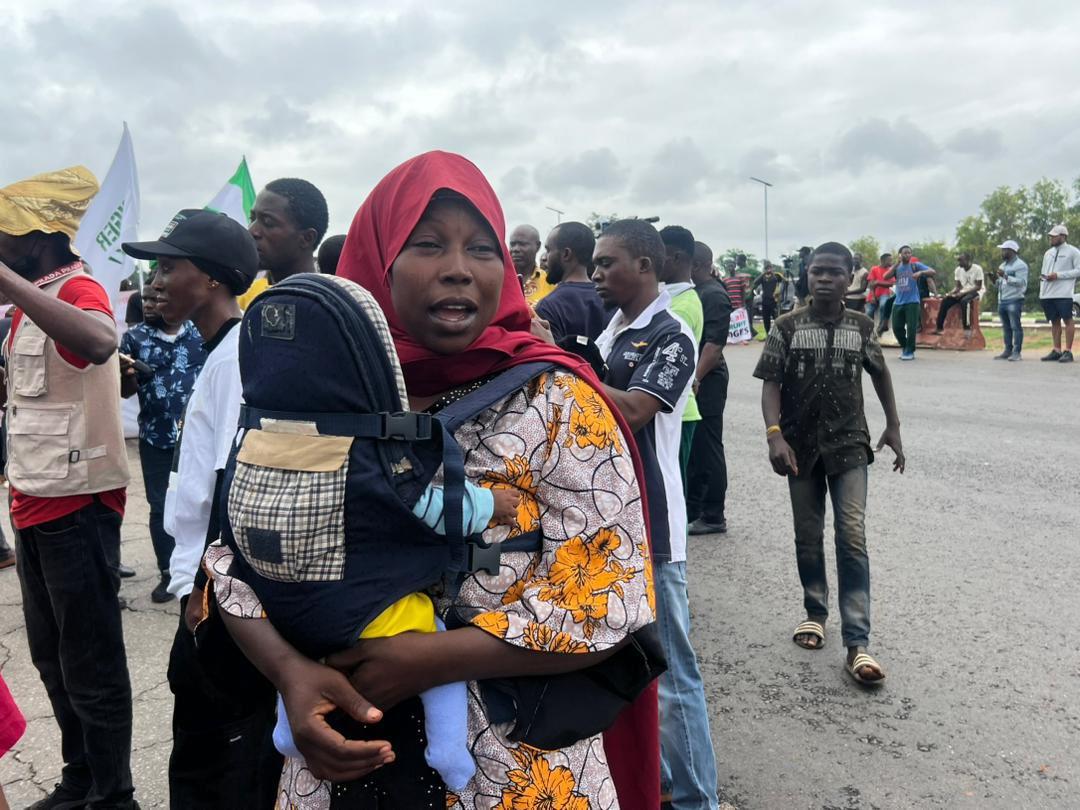
Igbos, others shun protest.
In contrast to the violence seen in other regions, the Southeast largely refrained from participating in the protests.
Residents in Abia, Anambra, Enugu, Ebonyi and Imo states opted to stay indoors and shunned the demonstrations.
Similarly, some states in the North Central region, including Kogi, Benue, and Kwara, also chose not to engage in the protests.
President Renewed Hope
Amid the turmoil, President Bola Tinubu on Sunday assured Nigerians that he was aware of their pains.
The president in a nationwide broadcast, urged citizens not to allow enemies of democracy to take Nigerians back to the old era.
He urged the youths to allow him build the already-recovering economy and not suffocate it.
Advertise or Publish a Story on EkoHot Blog:
Kindly contact us at [email protected]. Breaking stories should be sent to the above email and substantiated with pictorial evidence.
Citizen journalists will receive a token as data incentive.
Call or Whatsapp: 0803 561 7233, 0703 414 5611


